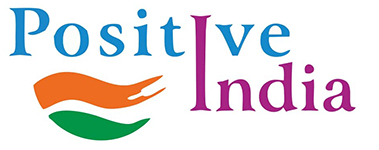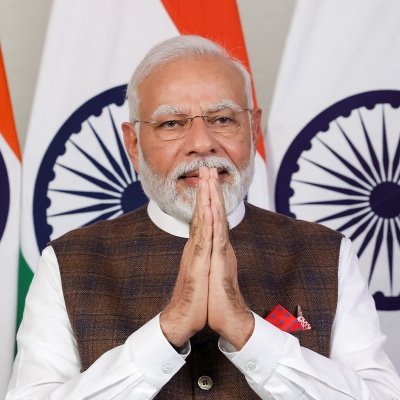
Positive India:New Delhi:
The application window for the PLI Scheme for White Goods (ACs and LED Lights) is being reopened based on the appetite of the Industry to invest more under the Scheme, which is an outcome of the growing market and confidence generated due to manufacturing of key components of ACs and LED Lights in India under the PLIWG Scheme. The application window is being opened on the same terms & conditions stipulated in PLIWG Scheme notified on 16.04.2021 and PLIWG Scheme Guidelines issued on 04.06.2021, as amended from time to time.

The application window for the Scheme shall remain open for the period from 15th July, 2024 to 12th October, 2024 (inclusive) on the same on-line portal having URL as https://pliwhitegoods.ifciltd.com/. No application shall be accepted after the closure of the application window.

In order to avoid any discrimination, both new applicants as well as existing beneficiaries of PLIWG who propose to invest more by way of switching over to higher target segment or their group companies applying under different target segment would be eligible to apply subject to fulfilling the eligibility conditions as mentioned in the Para 5.6 of the Scheme Guidelines and adhering to investment schedule as mentioned in Appendix-1 or Appendix-1A of the Scheme Guidelines, as applicable.
Consolidated Scheme Guidelines is available at https://pliwhitegoods.ifciltd.com/ and https://dpiit.gov.in/sites/default/files/Consolidated_Guidelines_PLIScheme_23October2023.pdf.
In terms of Para 6.4 of the PLIWG Scheme and Para 9.2 of the Scheme Guidelines, applicants shall only be eligible for incentives for the remainder of the Scheme’s tenure. The applicant approved in the proposed third round would be eligible for PLI for maximum three years only in the case of new applicants and existing beneficiaries opting for investment period upto March 2023 seeking to move to higher investment category. For existing beneficiaries opting for investment period upto March 2022 seeking to move to higher investment category in the proposed third round would be eligible for PLI for maximum two years only. Existing beneficiaries opting for the above, in case they are not able to achieve the threshold investment or sales in a given year will be eligible for submitting the claims as per their original investment plan. However, this flexibility will be provided only once during the Scheme period.
Further, to maintain liquidity in the business, better working capital management, and enhance operational efficiency of beneficiaries, it has been decided to introduce the system of Quarterly claims processing of PLI in place of processing of claims on Annual basis. Necessary amendments are incorporated in the Scheme Guidelines to clarify the above.
So far, 66 applicants with committed investment of Rs 6,962 crore have been selected as beneficiaries under the PLI scheme. For manufacturing components of Air conditioners (ACs) companies like DAIKIN, VOLTAS, HINDALCO, AMBER, PG TECHNOPLAST, EPACK, METTUBE, LG, BLUE STAR, JOHNSON HITACHI, PANASONIC, HAIER, MIDEA, HAVELLS, IFB, NIDEC, LUCAS, SWAMINATHAN, AND TRITON VALVES etc. have invested. Similarly, in manufacturing components of LED lights, companies like DIXON, R K LIGHTING, RADHIKA OPTO, SURYA, ORIENT, SIGNIFY, CROMPTON GREAVES, STOVE KRAFT, COSMO FILMS, HALONIX, CHENFENG, FULHAM, ADSUN, INVENTRONIX and LUKER etc. have invested. These investments will lead to manufacturing of components of Air Conditioners and LED Lights across the complete value chain including components which are not manufactured in India presently with sufficient quantity.
The Union Cabinet had given approval for the PLI Scheme for White Goods for manufacture of components and sub-assemblies of Air Conditioners (ACs) and LED Lights on 7.04.2021 in pursuance of the clarion call of the Prime Minister, Shri Narendra Modi, for ‘Atmanirbhar Bharat’ to bring manufacturing at the centre stage and emphasise its significance in driving India’s growth and creating jobs. The Scheme is to be implemented over a seven-year period, from FY 2021-22 to FY 2028-29 and has an outlay of Rs. 6,238 crore.




